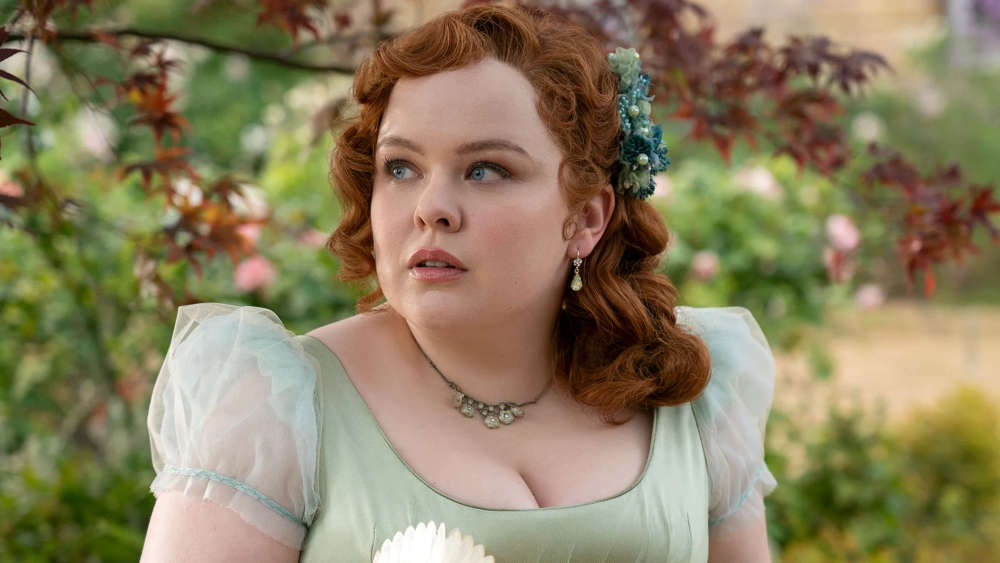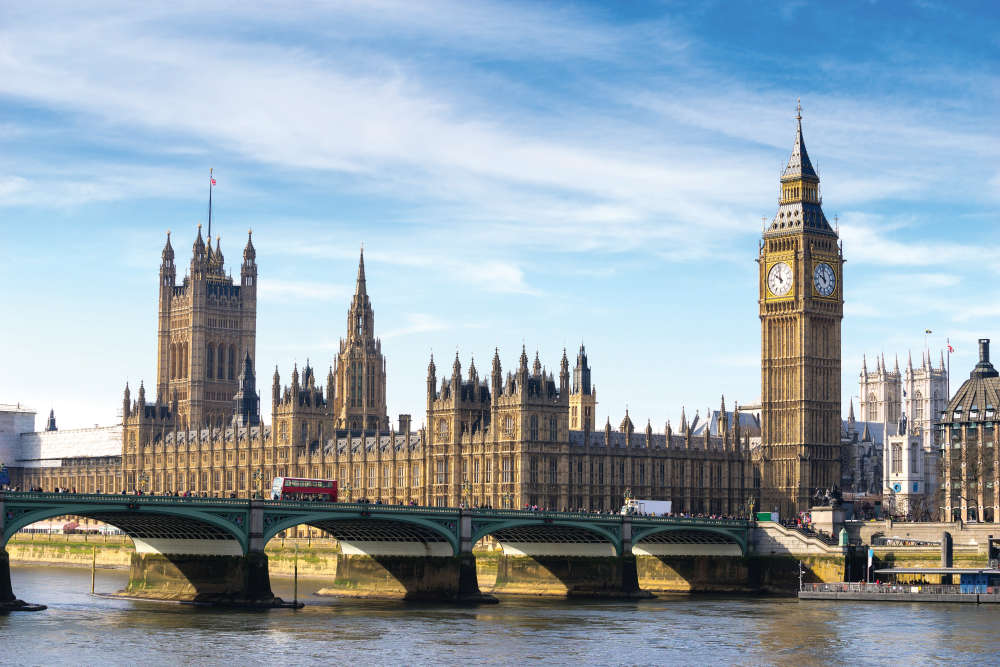
Whether you’re John Maynard Keynes or Mr Micawber, managing your finances is one of life’s unavoidable priorities as Peter d’Aguilar explains
So, what are the main financial questions to ask yourself? What am I worth overall? What’s my income? What are my outgoings? How much should I invest to achieve my short and long-term goals? When do I want to retire? How much should I put aside for a rainy day? And, perhaps most importantly, who should I go to for advice?
Someone reputable, obviously. It is vital to find the right financial advisor to suit your needs and circumstances. Look for a personal recommendation from a satisfied client or advice from a professional body - such as a bank, solicitor, accountant or the Financial Conduct Authority (FCA). A good financial advisor should have the knowledge, experience and insight to help you plan ahead successfully. Before hiring one, however, it’s important to check out their qualifications, track record, independence and fee structure – don’t be afraid to negotiate. It’s also good to pick someone on your wavelength, as trust and empathy go hand-in-hand with sound advice.
You should ask to see their professional certifications and testimonials from their clients. Are they restricted in that they are tied into specific investment companies or specialist products, or independent and therefore able to give advice based on a comprehensive and unbiased analysis of the market? Do they charge by the hour, by the project or are they on commission? Above all, always make sure your financial advisor abides by fiduciary standards - the legal obligation to act in your best interests.
Even if you are financially savvy and know your way around investments, mortgages, equity release, life and health insurance, pensions, tax and inheritance planning, it can still be useful to have a financial advisor to act as a sounding board or second opinion.

 December Book Reviews
December Book Reviews
 If You Ask Me: Flo’s Virtual Bookshop
If You Ask Me: Flo’s Virtual Bookshop
 Kids Zone: Christmas Traditions
Kids Zone: Christmas Traditions
 Book Reviews: November Novels... and more!
Book Reviews: November Novels... and more!
 What to Watch in October 2024
What to Watch in October 2024
 Kids Zone: Spooky Spider's Webs
Kids Zone: Spooky Spider's Webs
 If You Ask Me: Humanity's Greatest Invention
If You Ask Me: Humanity's Greatest Invention
 If You Ask Me: A Desert Island Drag
If You Ask Me: A Desert Island Drag
 Kids Zone: Mud Kitchens
Kids Zone: Mud Kitchens
 What to Watch in July 2024
What to Watch in July 2024
 Kids Zone: Ice Block Treasure Hunt!
Kids Zone: Ice Block Treasure Hunt!
 What to Watch in June 2024
What to Watch in June 2024
 A Gourmet Escape on the Eurostar: London to Amsterdam with Culinary Delights in Almere
A Gourmet Escape on the Eurostar: London to Amsterdam with Culinary Delights in Almere
 If You Ask Me: Train Announcements Have Gone Off the Rails
If You Ask Me: Train Announcements Have Gone Off the Rails
 If You Ask Me... Never Argue with an Idiot
If You Ask Me... Never Argue with an Idiot
 Kids Zone: Mosaic Art
Kids Zone: Mosaic Art
 What to Watch in April 2024
What to Watch in April 2024
 If You Ask Me: The Jobsworth and the Frog
If You Ask Me: The Jobsworth and the Frog
 What to Watch in March 2024
What to Watch in March 2024
 If You Ask Me... Politicians need a Translator
If You Ask Me... Politicians need a Translator